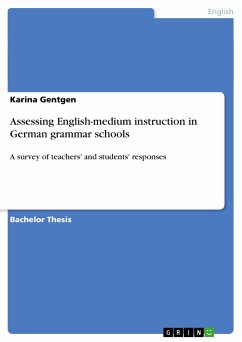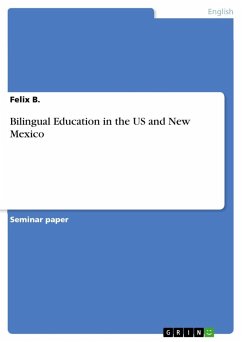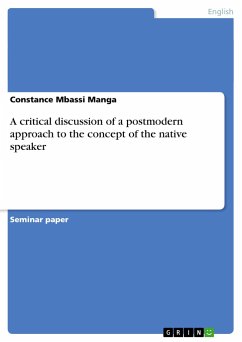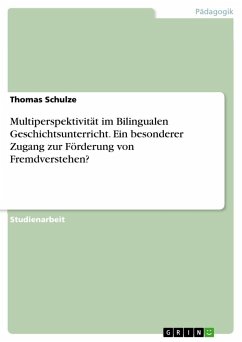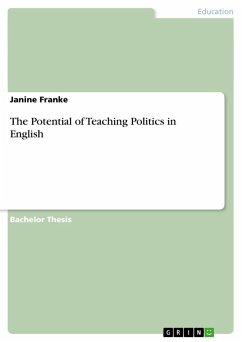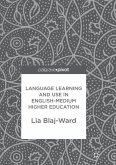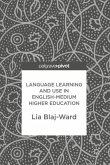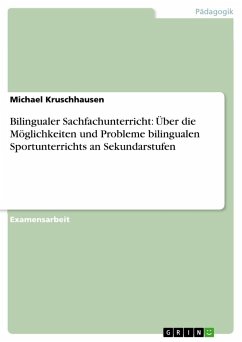Bachelor Thesis from the year 2010 in the subject English Language and Literature Studies - Linguistics, grade: 1.0, Justus-Liebig-University Giessen (Language, Literature and Culture), language: English, abstract: English is everywhere. Not only is it the language of science, the internet and advertisement, for instance, but it is the lingua franca that allows communication all over the world. Thanks to globalization, the increasing importance of the media, the changing lifestyles of the younger generations as well as the coalescing Europe, we cannot evade its impact. Not unnaturally, the English language has always been and still is a vital part of the German educational system with a tendency to expand its influence throughout the next years. Ever since it has been introduced as a foreign language to German schools, new concepts and methods to improve foreign language teaching have evolved. Bilingual education is one of those concepts. Being used in many countries and educational contexts to enhance second language learning, it has also found its way into German school types. As a method of instruction that involves a higher number of classes held in English per week and, additionally, other subjects being taught to a greater extent in that foreign language than in traditional educational programs, it was introduced, developed and often criticized. Due to its success, the demand for this more intense form of second language learning has increased and more researchers have investigated the outcomes of bilingual education. Is such a program beneficial to children or does it have negative consequences on their overall performance at school? Would a higher number of English classes per week be sufficient or do other subjects have to be taught in English and, above all, what subjects should that be without risking the students to have problems understanding their content? And finally, do students in bilingual programs have a higher language competence than students in comparable traditional English programs? These are all questions that are connected to the research on bilingual programs and what factors contribute to their success or what points to their weaknesses. The last of the three questions emphasizes the aspect of bilingual education that will be the focus of this bachelor's thesis, namely language competence. Due to the fact that an assessment of the actual language competence could not be conducted in the given time period, the center of this investigation will be the subjective point of view of teachers and students, thus a self-assessment based on the categories of the Common European Framework of Reference for Languages. [...]
Hinweis: Dieser Artikel kann nur an eine deutsche Lieferadresse ausgeliefert werden.
Hinweis: Dieser Artikel kann nur an eine deutsche Lieferadresse ausgeliefert werden.

